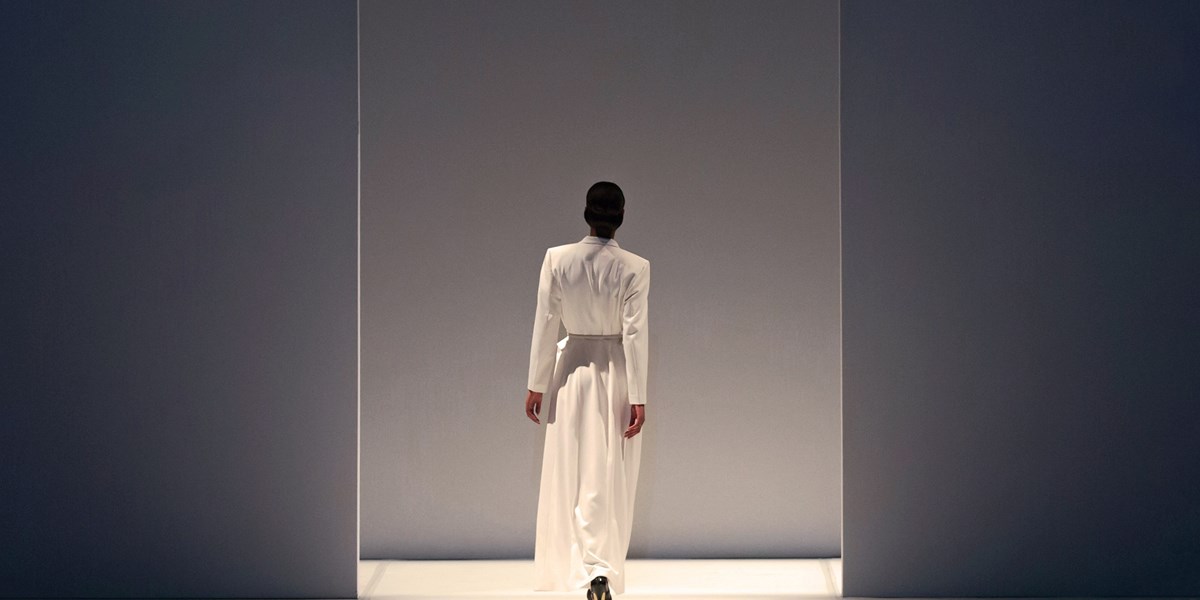Pearl Jamm is a UK based tribute act, specialising in covers of Pearl Jam songs since their inception in 2016. Naturally the past year has not been straight forward for the music industry and that includes speciality tribute acts such as Pearl Jamm, as live music has been heavily impacted by the need for social distancing.
THE DISPUTE
The tribute act now claims to have received a cease and desist letter from the internationally renowned alternative rock band Pearl Jam. The letter asserts that use of PEARL JAMM on merchandise and in domain names is likely to cause confusion with the band itself. The letter also allegedly requested destruction of the relevant merchandise as well as surrender of the relevant domain names. Whilst the cease and desist letter has not been made public, the tribute band published an open letter on their Facebook page on 18 January (as may be viewed here) reaching out to the members of Pearl Jam to express their disappointment at the letter.
One particular point that is challenged by the tribute act in its open letter is that of “confusion”. The key ground of infringement claimed in the letter is a likelihood of confusion, resulting from use of PEARL JAMM. As the tribute act pointed out in its open letter, it is not aware of any consumer confusion, and it is unclear whether the letter contained details of any such confusion. The tribute act jokes that it has never reached the end of a show only to find consumers complaining that they were in fact not watching Pearl Jam. Clearly there is a difference between attending a live show and seeing, in passing, the name PEARL JAMM on a t-shirt, but it raises an interesting point around consumer confusion.
CONSUMER CONFUSION BY TRIBUTE ACTS
Consumers are highly familiar with cover acts that intentionally stray very close to the names of the bands they are covering. Indeed, the appeal of a cover band is heavily dependent on the appeal of the original band; a cover band whose name gives no indication of the act it is covering may find it difficult to market itself. Cover acts typically tackle this with puns and humorous references to the band, whilst simultaneously inferring through the name that they are a cover act only. Examples like Allanish Morissette, Oasish and the Stereophonies spring to mind, as they reproduce part of the name of the act they are covering but present it in such a way that the reference is informative and tongue-in-cheek, rather than identical replication.
The line between informing the consumer and misleading them is a slightly blurry one; trade marks, logos and other brand elements are vital for musical acts, and anything which jeopardizes the distinctiveness of those trade marks (and accordingly the owner’s ability to market themselves and identify their artistic offering) is likely to be highly sensitive and problematic to the musical act. This of course needs to be weighed against the commercial implications of taking a strong stance against a small party. This applies in all industries but especially in the music business, where the sense of social and community conscience is often at the fore and may be at odds with a heavy-handed legal approach.
KEY POINTS
It remains to be seen how this dispute will play out between Pearl Jam and Pearl Jamm, but it serves as a reminder to cover bands that paying tribute to another band does not avoid infringement of their trade marks. It also highlights some of the PR implications of pursuing trade mark infringement, particularly since a heavy-handed approach to a small party can attract negative public attention.






